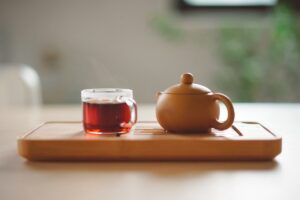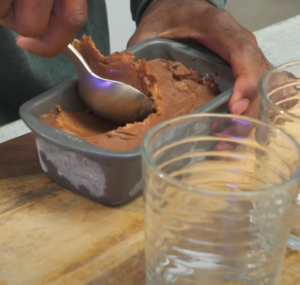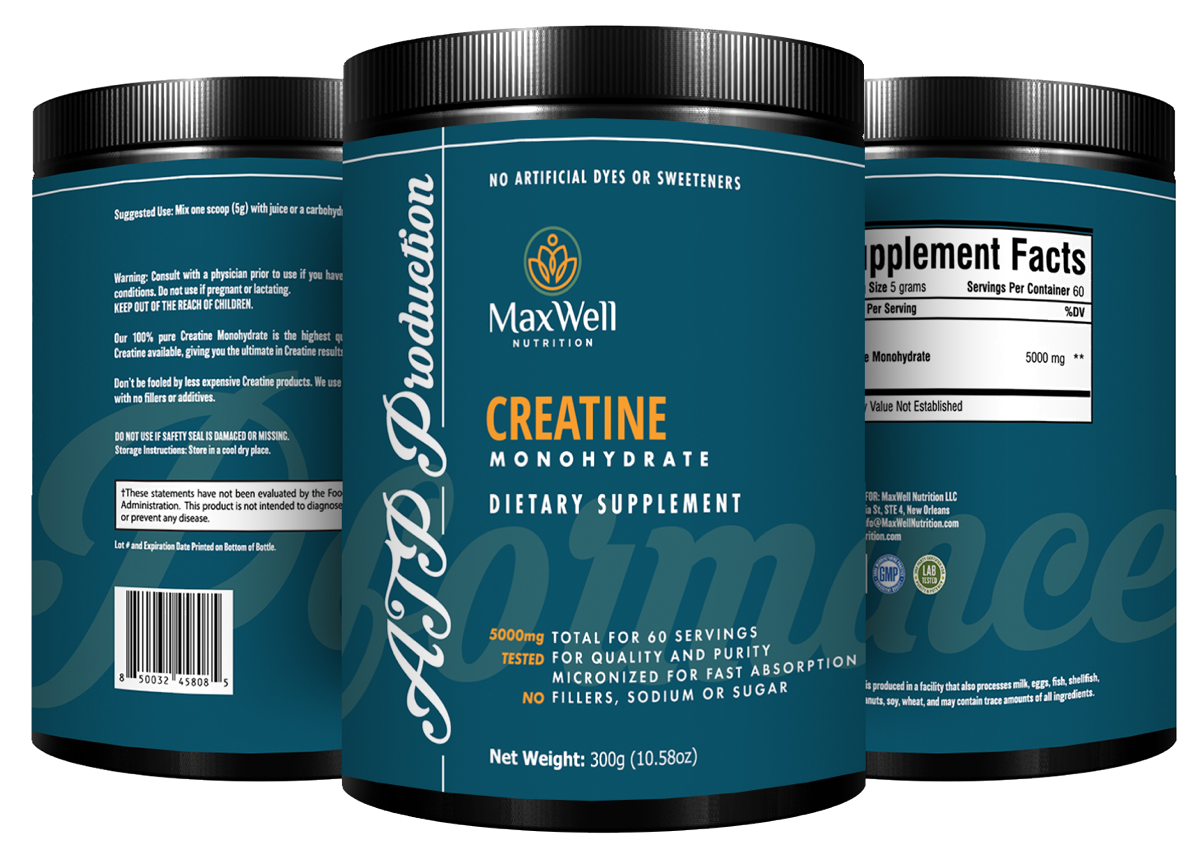The Centers for Disease Control and Prevention (CDC) says that adults between the ages of 18 to 60 require 7 or more hours of sleep per night. Those individuals 61-64 years need 7-9 hours, while those over 65 should get 7-8 hours. In comparison, a toddler should get 11-14 hours per each 24-hour period, and school age kids need 9-12 hours.
Poor sleep quality, notes the CDC, has symptoms ranging from not feeling rested even after getting enough sleep, multiple awakenings during the night, along with sleep disorders associated with snoring or grasping for air associated with sleep apnea, which can affect both thin and overweight people.
To improve sleep quality, the CDC recommends that you go to bed at the same time each night and get up at the same time each morning—including on the weekends. Your bedroom should be quiet, dark, relaxing, and at a comfortable temperature—with electronic devices, such as TVs, computers, and smart phones removed from the bedroom.
In addition, you need to avoid large meals, caffeine, and alcohol before bedtime. Being physically active during the day can also help you fall asleep more easily at night.
Sleep.org states that stress, such as the anxiety we’re experiencing with the effects of the Covid-19 disease, can impact your life in many ways—including negatively affecting the quality of your sleep. “You lie in bed, worrying, and feeling anxious, which makes it almost impossible to relax and quiet your mind enough to fall asleep.”
The brain neurotransmitters secreted during deep REM (rapid eye movement) sleep are the same ones that tell the body to stop the production of stress hormones. When you don’t sleep well, your body keeps pumping out those hormones. Notes the website, “the next day, you feel more stressed, the following night you find it harder to fall asleep, and so on.”
Sleep, as defined in the April 2019 issue of the online journal Nutrients, “is a complex reversible behavioral state, where an individual is perceptually disengaged from and unresponsive to their environment.”
Melatonin, a hormone secreted by the pineal gland, has been demonstrated to have sedative effects—permitting a more deep, restful sleep. “Since endogenous (within the body) melatonin influences core temperature facilitating sleep, increased exogenous (consumed) melatonin could affect changes in core temperature, improving sleep quality,” notes the Nutrients journal.
However, melatonin’s effect on sleep is rate limited by an individual’s own production of this hormone, which tends to wane with older age. A 2012 study in the European Journal of Nutrition said that Tart Cherry juice, which has a higher concentration of melatonin, “increased circulating melatonin levels and improved sleep time and quality in healthy adults.”
The Nutrients journal also commented that vitamin B-12 and the mineral magnesium contribute to melatonin secretion.
Tart Cherry juice is also highly concentrated with antioxidants such as vitamin C, which reduce the oxidative effects associated with increased stress.
Another hormone, serotonin, which is the end product of the amino acid L-tryptophan, has been associated with improved sleep. “The serotonin content in kiwifruit may contribute to improved sleep, while the rich antioxidant content may suppress free radical expression and inflammatory cytokines.”
The best advice is to follow the CDC guidelines for enhanced sleep, eat a balanced diet, and exercise. My 5 locally operated GNC franchise locations—designated, as others, by the US Homeland Security Department as essential businesses—are open, offering online ordering for grab and go, along with full access to our sanitized stores. Check mackieshilstone.com for store locations and hours of operation.











